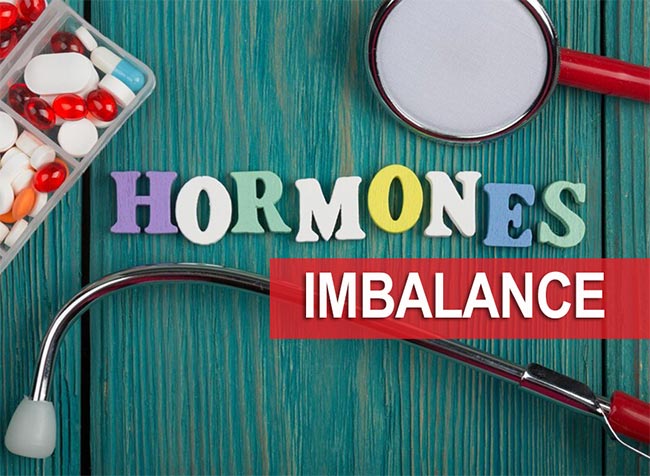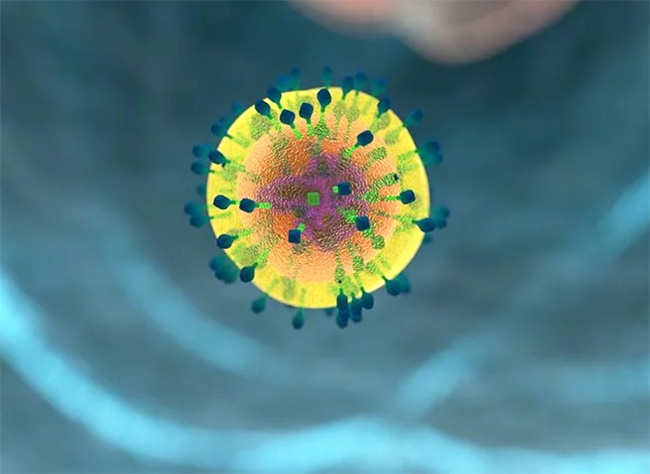Causes of Hormonal Imbalance
Several factors can contribute to hormonal imbalances. Some of the common causes include:
1. Age and life stages: Hormonal fluctuations are natural during puberty, menstruation, pregnancy, and menopause. These transitions can lead to temporary imbalances and associated symptoms.
2. Stress: Chronic stress can disrupt the balance of hormones like cortisol, leading to various imbalances throughout the body.
3. Diet and nutrition: Poor eating habits, inadequate nutrient intake, or excessive consumption of processed foods can impact hormone production and regulation.
4. Sedentary lifestyle: Lack of physical activity and prolonged sitting can affect hormone levels, particularly insulin and cortisol.
5. Environmental factors: Exposure to certain chemicals, toxins, pollutants, and endocrine-disrupting substances in our environment can interfere with hormone function.
Common Symptoms
Hormonal imbalances can manifest in various ways, and the symptoms may differ based on the specific hormones involved. Common signs of hormonal imbalance include:
- Irregular or heavy periods
- Mood swings, anxiety, or depression
- Fatigue and low energy levels
- Weight gain or difficulty losing weight
- Changes in libido or sexual function
- Hair loss or thinning
- Skin issues like acne or dryness
- Insomnia or disrupted sleep patterns
- Digestive problems
- Hot flashes and night sweats (more common in menopause)
Diagnosis and Treatment
If you suspect a hormonal imbalance, it is important to consult with a healthcare professional. They can evaluate your symptoms, medical history, and conduct tests to determine the underlying cause. Treatment options may vary depending on the specific imbalance, but they can include:
1. Lifestyle changes: Adopting a balanced diet, engaging in regular exercise, managing stress, and getting enough sleep can help regulate hormone levels. Also try to choose the best menstrual products to stay comfortable and relaxed.
2. Medications: Hormone replacement therapy, birth control pills, or other medications may be prescribed to restore hormonal balance.
3. Alternative therapies: Certain complementary approaches, such as acupuncture, herbal remedies, or dietary supplements, may offer relief for some individuals.
4. Management of underlying conditions: Addressing underlying medical conditions like polycystic ovary syndrome (PCOS), thyroid disorders, or diabetes can help manage hormonal imbalances associated with these conditions.
Hormonal imbalance can significantly impact your overall well-being and quality of life. Recognizing the causes, symptoms, and treatment options is essential for effectively managing this condition. Remember to consult with a healthcare professional for a proper diagnosis and personalized treatment plan. By taking steps to restore hormonal balance, you can regain control of your health and improve your overall vitality.












